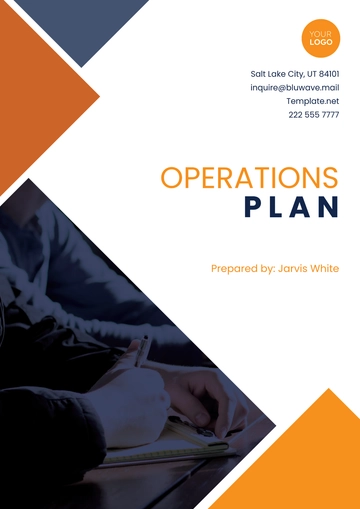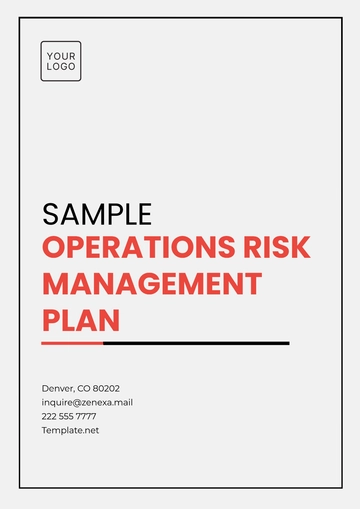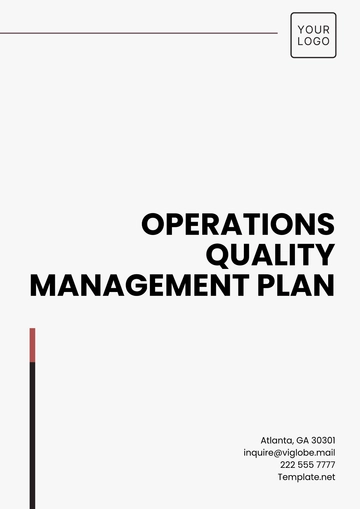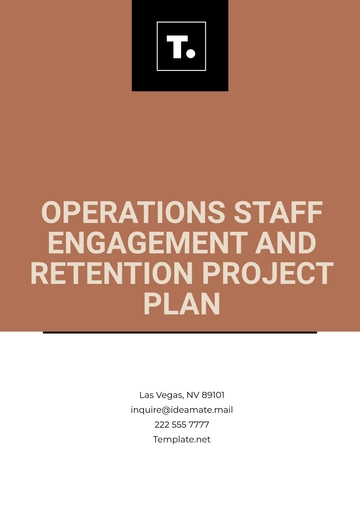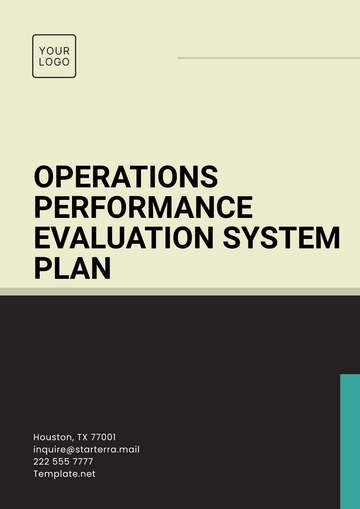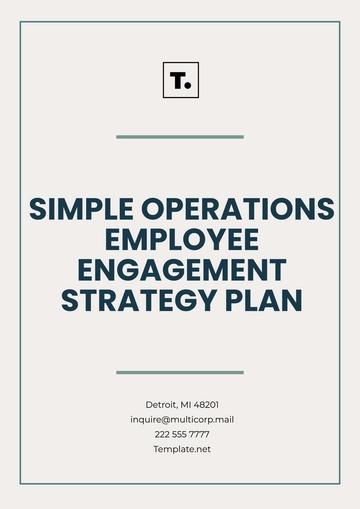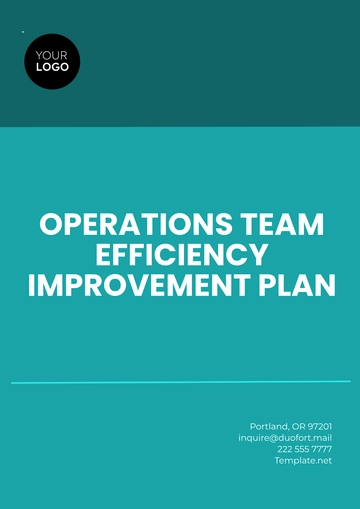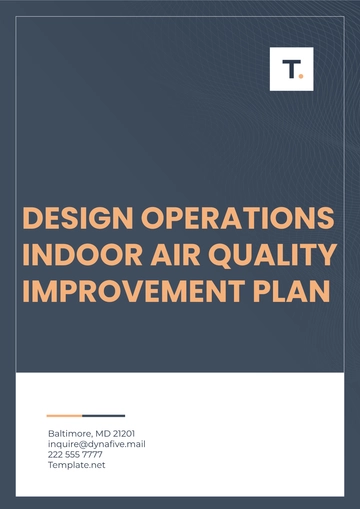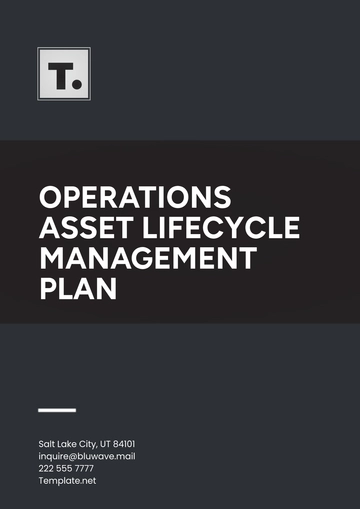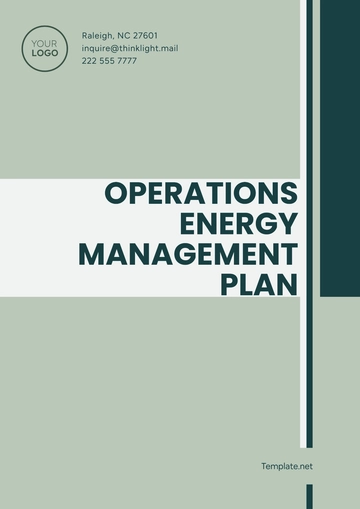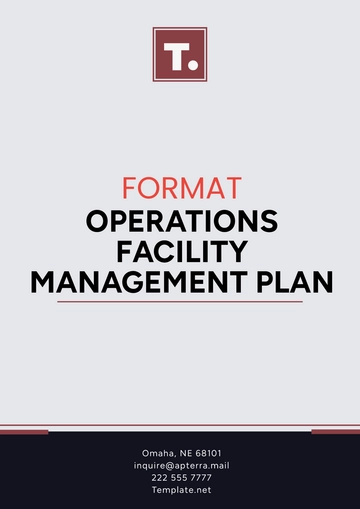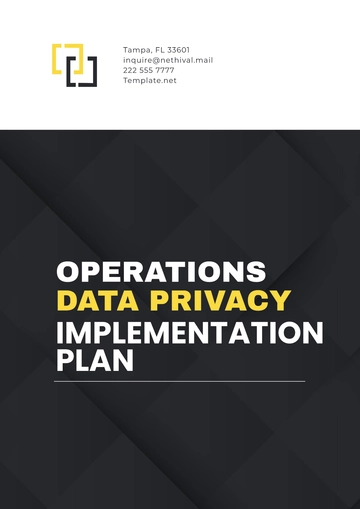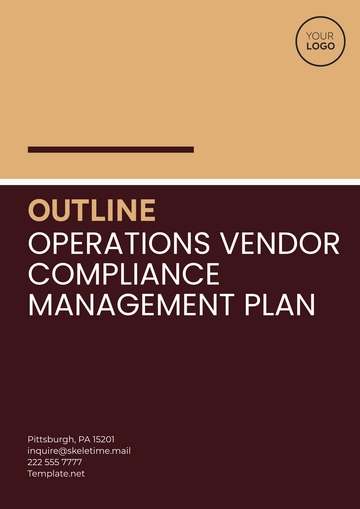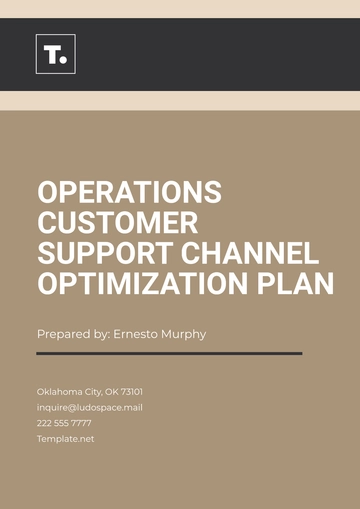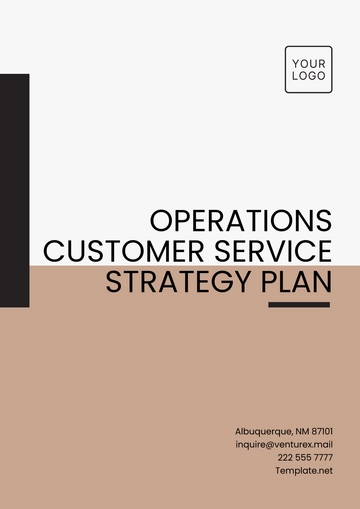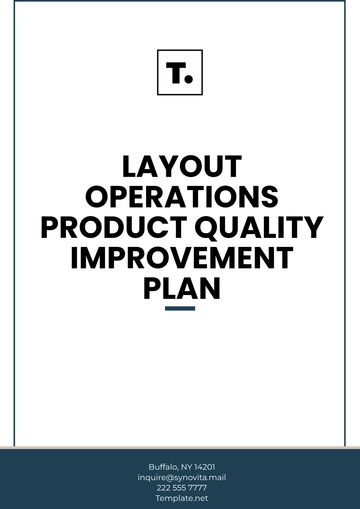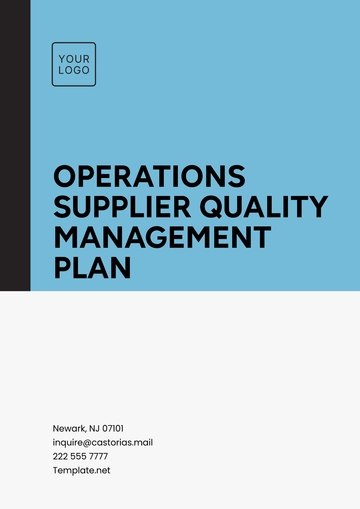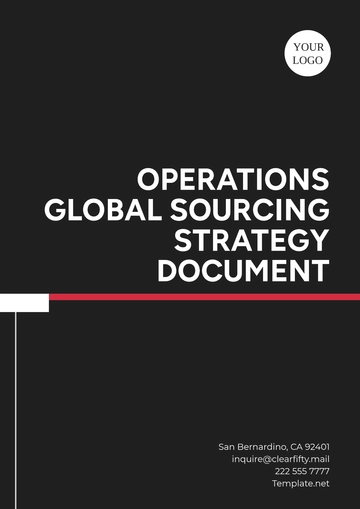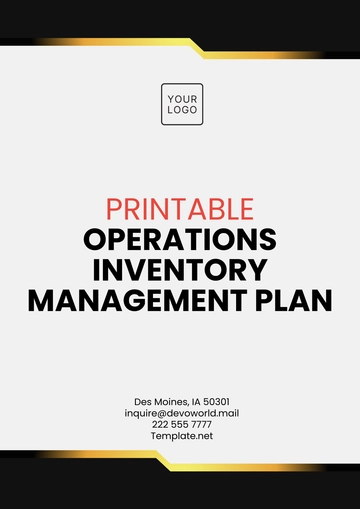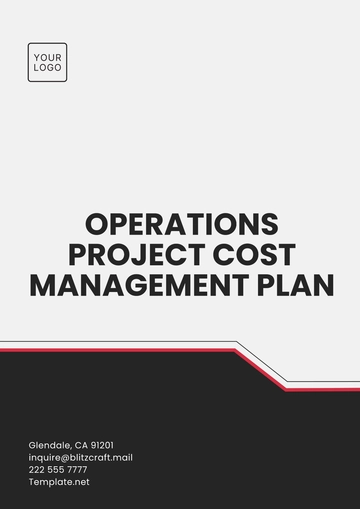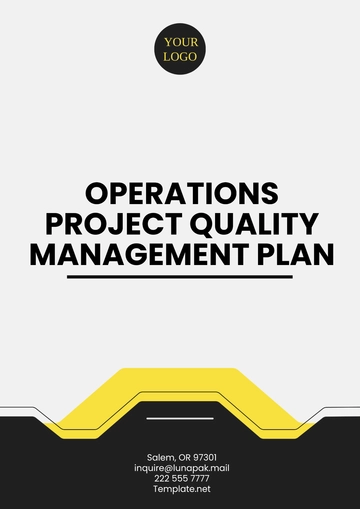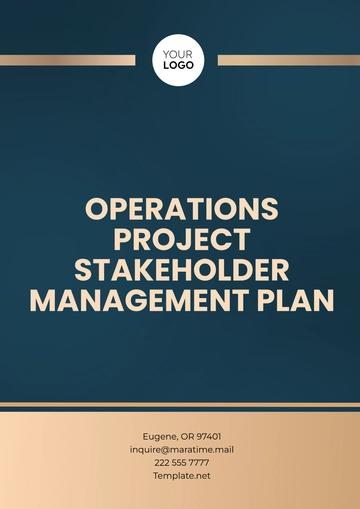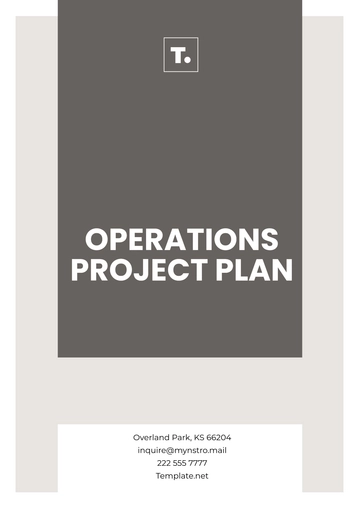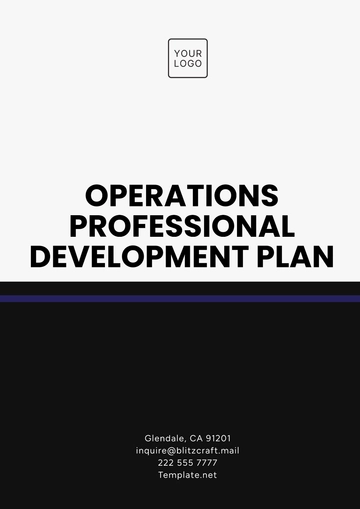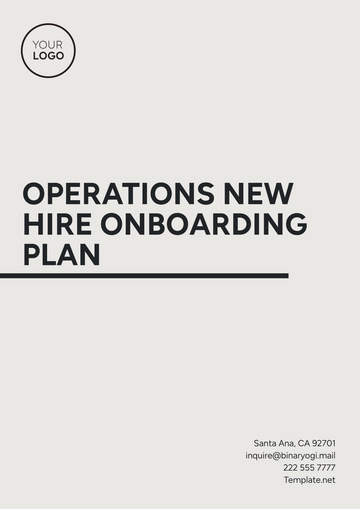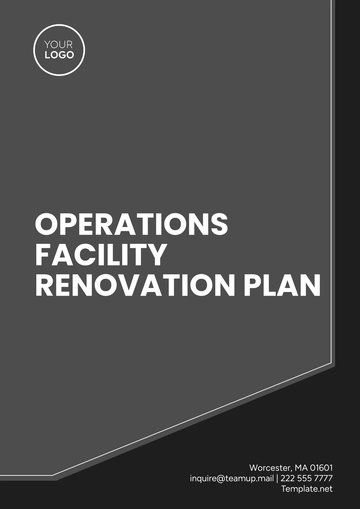Free Car Wash Operational Plan Feasibility Study
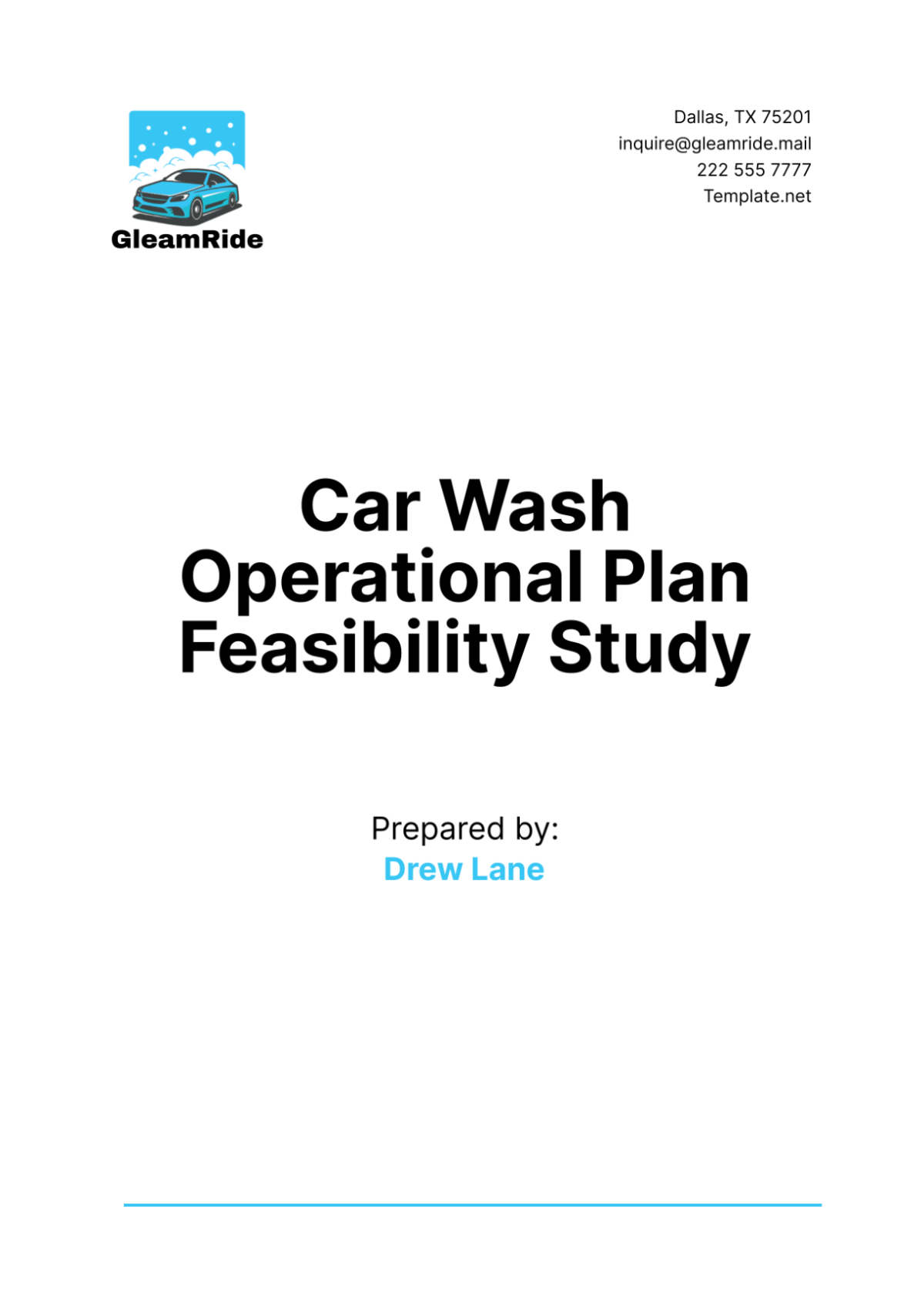
I. Executive Summary
A. Overview of [Your Company Name] Car Wash Business Concept
[Your Company Name] proposes to establish a state-of-the-art car wash facility in [City/Area], catering to both individual vehicle owners and commercial fleets. The business model focuses on offering a range of car wash services, including automated wash bays, detailing services, and environmentally friendly cleaning products. The facility aims to provide convenience, efficiency, and superior customer service, targeting a diverse customer base within a 10-mile radius.
B. Purpose of the Feasibility Study
The purpose of this feasibility study is to assess the viability of establishing [Your Company Name] Car Wash in terms of market demand, financial feasibility, technical requirements, and regulatory compliance. It aims to provide comprehensive insights to stakeholders, investors, and management to make informed decisions regarding the project's implementation.
C. Key Findings and Recommendations
After conducting a thorough analysis encompassing market research, financial projections, and operational considerations, the study concludes that [Your Company Name] Car Wash is feasible and holds significant potential for success. Recommendations include optimizing location selection, refining service offerings based on market trends, and implementing robust marketing strategies to maximize customer acquisition and retention.
II. Introduction
A. Background of the Car Wash Industry
The car wash industry has witnessed substantial growth driven by increasing vehicle ownership, urbanization, and consumer demand for convenient automotive services. According to industry reports, the car wash industry in [Country/Region] has experienced consistent growth, with a shift towards eco-friendly practices and technology-driven solutions. This backdrop underscores the opportunity for [Your Company Name] to enter the market and capitalize on emerging trends.
B. Objectives of the Feasibility Study
The primary objectives of this feasibility study include:
Assessing the market demand and competitive landscape for car wash services in [City/Area].
Evaluating the technical requirements and infrastructure needs for establishing [Your Company Name] Car Wash.
Estimating the financial feasibility, including startup costs, operating expenses, and revenue projections.
Identifying legal and regulatory considerations, ensuring compliance with local zoning laws, and environmental regulations, and obtaining necessary permits.
Developing a comprehensive operational plan outlining business strategies, staffing requirements, and quality control measures.
C. Scope and Methodology
The scope of this study encompasses:
Conducting market research through surveys, interviews with potential customers, and analysis of competitor offerings.
Analyzing financial projections based on industry benchmarks, cost estimations for equipment and construction, and revenue forecasts.
Evaluating technical feasibility by assessing location suitability, facility design, and operational workflow.
Investigating legal and regulatory requirements to ensure adherence to zoning ordinances, environmental standards, and obtaining necessary licenses.
Developing an operational plan detailing service offerings, staffing structures, marketing strategies, and risk mitigation measures.
III. Market Analysis
A. Overview of the Car Wash Market
The car wash market in [City/Area] is characterized by diverse consumer preferences and a growing demand for convenient automotive services. Market research indicates a shift towards automated car wash facilities and eco-friendly cleaning solutions, driven by environmental awareness and consumer preference for high-quality service. [Your Company Name] Car Wash aims to capitalize on these trends by offering advanced technology, superior cleaning products, and exceptional customer service.
B. Target Customer Segments
The primary target customer segments for [Your Company Name] Car Wash include:
Individual vehicle owners seeking convenient and efficient car wash services.
Commercial fleets and businesses requiring regular vehicle maintenance and cleaning.
Local businesses such as car dealerships, rental agencies, and transportation companies.
Environmentally conscious consumers looking for eco-friendly car wash options.
C. Competitor Analysis (Local and Regional)
Competitive analysis reveals several established car wash operators in [City/Area], offering a range of services from basic wash packages to premium detailing options. Key competitors include [Competitor A], [Competitor B], and [Competitor C], each catering to different customer segments and employing varying business models. [Your Company Name] Car Wash differentiates itself through innovative technology, personalized customer experiences, and a commitment to sustainability, aiming to capture market share by offering superior value and service quality.
D. Market Trends and Growth Potential
Current trends in the car wash industry indicate a growing preference for automated and self-service car wash facilities, driven by efficiency and cost-effectiveness. There is also increasing consumer demand for eco-friendly cleaning products and water-saving technologies, reflecting a shift towards sustainable business practices. [Your Company Name] Car Wash intends to leverage these trends by integrating advanced equipment, biodegradable cleaning agents, and offering flexible service packages to meet evolving customer preferences, thereby positioning itself as a leader in the local market.
IV. Technical Feasibility
A. Location Analysis and Selection Criteria
The selection of an optimal location for [Your Company Name] Car Wash is crucial to its success. Key criteria include:
Proximity to high-traffic areas and residential neighborhoods to maximize visibility and customer accessibility.
Adequate space for car wash bays, vacuum stations, and customer parking.
Accessibility to utilities such as water supply, drainage, and electricity to support operational needs.
Compliance with zoning regulations and environmental considerations to ensure legal compliance and community acceptance.
B. Facility Requirements (Building, Equipment, Utilities)
The facility design of [Your Company Name] Car Wash will feature:
Multiple automated wash bays equipped with state-of-the-art cleaning technology for efficient service delivery.
Vacuum stations and detailing areas for comprehensive vehicle cleaning and maintenance.
Environmentally friendly equipment and biodegradable cleaning products to minimize environmental impact.
Adequate signage, lighting, and customer amenities to enhance the overall customer experience and promote brand visibility.
C. Operational Workflow and Process Design
The operational workflow at [Your Company Name] Car Wash will be structured to optimize efficiency and customer satisfaction:
Customer arrival and service selection through automated kiosks or mobile app booking systems.
Vehicle pre-wash inspection and preparation by trained staff to identify specific cleaning requirements.
Automated wash and rinse cycles using advanced cleaning technology tailored to vehicle type and customer preferences.
Optional add-on services such as waxing, interior detailing, and protective coatings to meet varying customer needs.
Quality control checks and final inspection to ensure service quality and customer satisfaction before vehicle delivery.
V. Financial Feasibility
A. Startup Costs
The startup costs for establishing [Your Company Name] Car Wash include:
Construction and renovation expenses for facility development and infrastructure enhancements.
Acquisition and installation of car wash equipment, vacuum stations, and cleaning supplies.
Initial inventory of biodegradable cleaning agents, detailing products, and operational supplies.
Licensing and permit fees, legal expenses, and insurance coverage to ensure compliance and risk management.
B. Operating Expenses
Ongoing operational expenses for [Your Company Name] Car Wash encompass:
Payroll costs for skilled technicians, customer service representatives, and managerial staff.
Utility expenses including water, electricity, and heating/cooling systems required for daily operations.
Maintenance and repair costs for equipment servicing and facility upkeep.
Marketing and advertising expenditures to promote brand awareness, attract new customers, and maintain customer loyalty.
Administrative expenses such as office supplies, software subscriptions, and professional services for accounting and legal compliance.
C. Revenue Projections
Revenue projections for [Your Company Name] Car Wash are based on anticipated customer traffic, service utilization rates, and pricing strategies:
Daily and monthly revenue forecasts derived from average service fees per vehicle and expected customer volume.
Seasonal variations and peak periods influencing revenue generation, including promotional campaigns and special events.
Projected growth in customer acquisition and retention through targeted marketing initiatives and customer referral programs.
D. Break-Even Analysis and Return on Investment (ROI)
The break-even analysis for [Your Company Name] Car Wash estimates the timeframe required to reach profitability:
Calculation of fixed and variable costs to determine the number of vehicles serviced needed to cover expenses.
ROI analysis based on initial investment, projected revenue streams, and long-term financial sustainability.
Strategic adjustments in pricing, service offerings, and operational efficiencies to accelerate ROI and maximize profitability.
VI. Legal and Regulatory Considerations
A. Zoning and Permitting Requirements
Compliance with local zoning ordinances and permitting regulations is critical for [Your Company Name] Car Wash:
Evaluation of zoning laws pertaining to commercial development and automotive service facilities.
Application process for obtaining construction permits, environmental clearances, and business licenses.
Engagement with municipal authorities, community stakeholders, and regulatory agencies to address zoning requirements and ensure legal compliance.
B. Environmental Regulations (Waste Water, Chemical Disposal)
Adherence to environmental regulations is essential to minimize ecological impact and promote sustainable practices:
Implementation of water conservation measures and eco-friendly cleaning solutions to reduce water consumption and chemical runoff.
Compliance with wastewater discharge regulations, including filtration systems and treatment processes to manage effluent disposal responsibly.
Integration of green technologies and best practices for environmental stewardship, enhancing [Your Company Name] Car Wash's reputation as a responsible corporate citizen.
C. Insurance Needs and Liability Considerations
Comprehensive insurance coverage is necessary to mitigate potential risks and liabilities associated with car wash operations:
Liability insurance to protect against property damage, personal injury claims, and third-party lawsuits arising from business activities.
Workers' compensation coverage for employees to safeguard against workplace injuries and occupational hazards.
Property insurance for physical assets, equipment, and infrastructure against fire, theft, and natural disasters, ensuring business continuity and financial stability.
VII. Operational Plan
A. Business Model (Self-Service, Automated, Full-Service)
[Your Company Name] Car Wash will adopt a hybrid business model offering self-service, automated, and full-service options to cater to diverse customer preferences:
Self-service stations equipped with coin-operated wash bays and vacuum stations for budget-conscious customers.
Automated wash systems featuring touchless technology and conveyor belts for quick and efficient cleaning.
Full-service detailing packages including interior cleaning, waxing, and protective coatings for premium customer satisfaction.
Membership programs, loyalty rewards, and promotional bundles to enhance customer value and encourage repeat business.
B. Staffing Plan and Training Requirements
The staffing plan for [Your Company Name] Car Wash includes skilled personnel responsible for operational excellence and customer service:
Recruitment and training of technicians proficient in automated equipment operation and vehicle detailing techniques.
Hiring customer service representatives to assist customers with service selections, payment processing, and issue resolution.
Management team oversight for strategic planning, daily operations management, and performance monitoring.
Ongoing training programs, safety protocols, and professional development initiatives to maintain workforce competence and service quality standards.
C. Quality Control and Customer Service Strategies
Quality control measures at [Your Company Name] Car Wash focus on delivering consistent service quality and customer satisfaction:
Implementation of standardized operating procedures (SOPs) for vehicle inspection, cleaning processes, and final inspection checks.
Customer feedback mechanisms such as satisfaction surveys, online reviews, and social media engagement to gauge service performance.
Resolution protocols for handling customer complaints, service discrepancies, and ensuring prompt resolution to maintain customer loyalty.
Continuous improvement initiatives, service enhancements, and innovation in technology to exceed customer expectations and differentiate [Your Company Name] Car Wash in the marketplace.
D. Marketing and Promotion Strategy
The marketing and promotion strategy for [Your Company Name] Car Wash will utilize a multi-channel approach to maximize brand visibility and customer acquisition:
Digital marketing campaigns leveraging social media platforms, search engine optimization (SEO), and online advertising to reach target demographics.
Localized marketing initiatives including community events, sponsorship opportunities, and partnerships with local businesses to enhance brand presence.
Promotional offers, seasonal discounts, and customer referral programs to incentivize new customer acquisition and encourage repeat business.
Brand positioning strategies emphasizing quality, convenience, and environmental sustainability to differentiate [Your Company Name] Car Wash in a competitive market landscape.
VIII. Risk Analysis
A. SWOT Analysis (Strengths, Weaknesses, Opportunities, Threats)
The SWOT analysis for [Your Company Name] Car Wash identifies internal strengths and weaknesses, along with external opportunities and threats:
Strengths | Weaknesses |
|---|---|
Advanced technology and equipment | Initial capital investment |
Eco-friendly cleaning practices | Dependency on seasonal demand |
Strategic location | Operational scalability challenges |
Strong brand differentiation |
Opportunities | Threats |
|---|---|
Growing market demand | Intense competition |
Expansion of customer base | Economic downturns |
Emerging trends in eco-friendly services | Regulatory changes |
Environmental sustainability concerns |
B. Risk Mitigation Strategies (Operational, Financial, Market)
Risk mitigation strategies for [Your Company Name] Car Wash include proactive measures to minimize potential threats and uncertainties:
Operational Risks: Implementing redundancy plans, equipment maintenance schedules, and disaster recovery protocols to ensure business continuity.
Financial Risks: Diversifying revenue streams, establishing contingency funds, and monitoring cash flow to mitigate financial volatility.
Market Risks: Conducting ongoing market research, adapting to consumer preferences, and maintaining competitive pricing strategies to mitigate market fluctuations.
Legal and Compliance Risks: Engaging legal counsel, adhering to regulatory requirements, and maintaining ethical business practices to mitigate legal liabilities and reputational risks.
IX. Conclusion
A. Feasibility Assessment Summary
In conclusion, the feasibility study demonstrates that [Your Company Name] Car Wash is a viable business venture poised for success in the competitive car wash industry. By leveraging strategic market positioning, innovative technology, and a customer-centric approach, [Your Company Name] Car Wash is well-positioned to capture market share and achieve sustainable growth. The comprehensive analysis of market dynamics, financial projections, operational considerations, and risk management strategies supports the viability and profitability of the proposed business venture.
B. Recommendations for Implementation
Based on the findings of the feasibility study, recommendations for implementing [Your Company Name] Car Wash include:
Finalizing the selection of an optimal location based on demographic analysis and accessibility.
Securing financing through investment partners, loans, or grants to fund startup costs and operational expenses.
Obtaining necessary permits, licenses, and regulatory approvals to commence construction and business operations.
Launching targeted marketing campaigns, community engagement initiatives, and promotional activities to build brand awareness and attract initial customers.
Establishing strategic partnerships, customer loyalty programs, and service innovations to differentiate [Your Company Name] Car Wash and sustain competitive advantage.
- 100% Customizable, free editor
- Access 1 Million+ Templates, photo’s & graphics
- Download or share as a template
- Click and replace photos, graphics, text, backgrounds
- Resize, crop, AI write & more
- Access advanced editor
Enhance operational efficiency with Template.net's customizable and editable Car Wash Operational Plan Feasibility Study Template. Use the Ai Editor Tool to adapt this template to your operational needs. Create a detailed feasibility study that optimizes your operational plans and processes.
You may also like
- Finance Plan
- Construction Plan
- Sales Plan
- Development Plan
- Career Plan
- Budget Plan
- HR Plan
- Education Plan
- Transition Plan
- Work Plan
- Training Plan
- Communication Plan
- Operation Plan
- Health And Safety Plan
- Strategy Plan
- Professional Development Plan
- Advertising Plan
- Risk Management Plan
- Restaurant Plan
- School Plan
- Nursing Home Patient Care Plan
- Nursing Care Plan
- Plan Event
- Startup Plan
- Social Media Plan
- Staffing Plan
- Annual Plan
- Content Plan
- Payment Plan
- Implementation Plan
- Hotel Plan
- Workout Plan
- Accounting Plan
- Campaign Plan
- Essay Plan
- 30 60 90 Day Plan
- Research Plan
- Recruitment Plan
- 90 Day Plan
- Quarterly Plan
- Emergency Plan
- 5 Year Plan
- Gym Plan
- Personal Plan
- IT and Software Plan
- Treatment Plan
- Real Estate Plan
- Law Firm Plan
- Healthcare Plan
- Improvement Plan
- Media Plan
- 5 Year Business Plan
- Learning Plan
- Marketing Campaign Plan
- Travel Agency Plan
- Cleaning Services Plan
- Interior Design Plan
- Performance Plan
- PR Plan
- Birth Plan
- Life Plan
- SEO Plan
- Disaster Recovery Plan
- Continuity Plan
- Launch Plan
- Legal Plan
- Behavior Plan
- Performance Improvement Plan
- Salon Plan
- Security Plan
- Security Management Plan
- Employee Development Plan
- Quality Plan
- Service Improvement Plan
- Growth Plan
- Incident Response Plan
- Basketball Plan
- Emergency Action Plan
- Product Launch Plan
- Spa Plan
- Employee Training Plan
- Data Analysis Plan
- Employee Action Plan
- Territory Plan
- Audit Plan
- Classroom Plan
- Activity Plan
- Parenting Plan
- Care Plan
- Project Execution Plan
- Exercise Plan
- Internship Plan
- Software Development Plan
- Continuous Improvement Plan
- Leave Plan
- 90 Day Sales Plan
- Advertising Agency Plan
- Employee Transition Plan
- Smart Action Plan
- Workplace Safety Plan
- Behavior Change Plan
- Contingency Plan
- Continuity of Operations Plan
- Health Plan
- Quality Control Plan
- Self Plan
- Sports Development Plan
- Change Management Plan
- Ecommerce Plan
- Personal Financial Plan
- Process Improvement Plan
- 30-60-90 Day Sales Plan
- Crisis Management Plan
- Engagement Plan
- Execution Plan
- Pandemic Plan
- Quality Assurance Plan
- Service Continuity Plan
- Agile Project Plan
- Fundraising Plan
- Job Transition Plan
- Asset Maintenance Plan
- Maintenance Plan
- Software Test Plan
- Staff Training and Development Plan
- 3 Year Plan
- Brand Activation Plan
- Release Plan
- Resource Plan
- Risk Mitigation Plan
- Teacher Plan
- 30 60 90 Day Plan for New Manager
- Food Safety Plan
- Food Truck Plan
- Hiring Plan
- Quality Management Plan
- Wellness Plan
- Behavior Intervention Plan
- Bonus Plan
- Investment Plan
- Maternity Leave Plan
- Pandemic Response Plan
- Succession Planning
- Coaching Plan
- Configuration Management Plan
- Remote Work Plan
- Self Care Plan
- Teaching Plan
- 100-Day Plan
- HACCP Plan
- Student Plan
- Sustainability Plan
- 30 60 90 Day Plan for Interview
- Access Plan
- Site Specific Safety Plan
